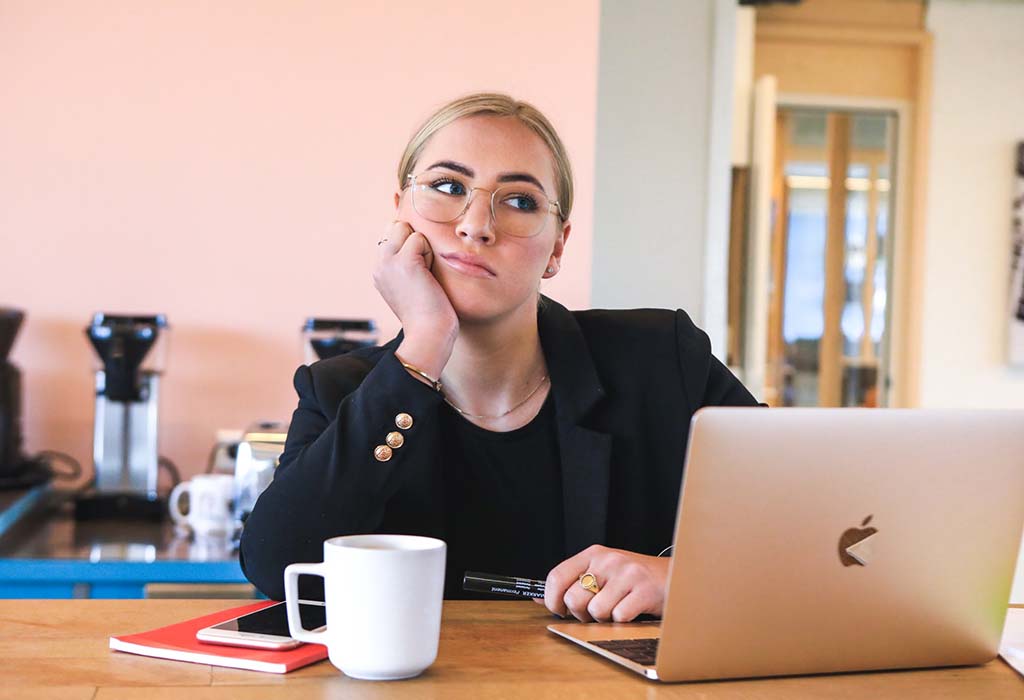Should I get a COVID-19 vaccine? How to weigh up your risks and benefits
13 July 2021
Understanding both the risks and benefits of vaccination (and how we think about risk) can help you make the right decision for you or your family about having a COVID-19 vaccine.
But if you’re generally fit and healthy and living somewhere with very few or no cases of COVID-19 in your community, you might wonder—is getting the vaccine worth the potential side effects if the severe impacts of the disease don’t feel like a threat to you? Or what about pre-existing health conditions—do they increase your risk of experiencing more severe side effects?
How do we think about risks and benefits?
We make decisions every day about risk without thinking about it. But when the decision is more important, like whether to get a COVID-19 vaccine, understanding how our unconscious thinking patterns and biases affect our decision-making can help us make good choices. Human brains use mental shortcuts (called ‘heuristics’) all the time to enable quick decision-making. However, these shortcuts can skew our perception of how risky an activity is, or how likely a certain outcome might be.
Here are some examples:
- Overestimating risk: we often over-estimate the chances that a rare, but serious, event might occur. If that rare event is all over the media—like cases of TTS, the blood clotting syndrome linked to the AstraZeneca vaccine—we tend to overestimate those chances even more.
- Choosing to do nothing: sometimes people want to avoid a sense of regret (‘what if I make the wrong choice?’) and are more willing to accept an outcome if it’s the result of doing nothing (‘if I avoid the vaccine, I know I might catch COVID-19’), rather than a result of taking action (‘if I get the vaccine, I might have a severe side effect such as the clotting syndrome’). We are extra-cautious if we think there’s a lot of uncertainty involved.

With this in mind, let’s consider some of the other risks and benefits of COVID-19 vaccination.
What are your risk factors for COVID-19—and what about vaccines?
Many pre-existing health conditions and other factors can increase your risk of becoming severely ill or dying from COVID-19, or experiencing long-lasting impacts. The risk depends on many factors, such how much disease is circulating in the community and which COVID-19 strains are prevalent, but also on your individual circumstances. Apart from increasing age, common risk factors include diabetes, obesity, certain heart or lung conditions, chronic inflammatory conditions, or having an immune deficiency. The risk of severe illness also increases as you get older, especially for people over the age of 70 years, and is higher for Aboriginal and Torres Strait Islander peoples, or people who smoke.
People who become severely ill have a greater risk of dying from COVID-19 or experiencing permanent disability if they recover. For those who do recover, some may experience ongoing symptoms of ‘long COVID’ such as chronic fatigue, shortness of breath, muscle pain and neurological problems for three months or more.
To weigh up the benefits and risks of getting a vaccine, consider:
- What are your chances of getting sick from COVID-19 without the vaccine and, based on that, what benefit does the vaccine offer to you in preventing severe disease?
- What are the risks or chances of experiencing side effects or complications if you have the vaccine?
Benefits of the vaccine
When there is very little or no COVID-19 disease in the community, people aren’t so concerned about getting sick. But outbreaks of COVID-19 can arise quickly. In a matter of days, COVID-19 can be in a place that has previously had low or no community transmission of the virus. Vaccination rollouts are hard to stop and start: they take time, planning and resources—and no one can predict when, or where, another outbreak might occur. That's why timely vaccination prior to outbreaks is so important.
When restrictions start to lift and our borders open up, the risk of getting COVID-19 is likely to increase again. We all need to be prepared and make sure we have the best possible protection against future infection. Vaccines can help us return to a more normal way of life and provide protection for everyone in our communities, especially the most vulnerable.

Risks of the vaccine
Consider this scenario: if 100,000 people receive the AstraZeneca vaccine, what are the chances of experiencing side effects or complications as a result?
Common side effects from COVID-19 vaccines include pain at the injection site, headaches, fatigue, or feeling flu-like symptoms. This is normal and indicates the vaccine is working. In a group of 100,000 people, we would expect just under 50,000 people to experience side effects because they are so common.
Severe side effects: we would also expect to see 1 to 2 people experience a severe complication like TTS. The risks of TTS are higher for younger people, especially those under 60 years. Anyone who develops severe headaches and tiredness up to 30 days after the first dose should seek medical help immediately. It’s important to know that even if someone becomes ill with TTS, doctors now have a better understanding of the condition. It’s much easier to diagnose and get the right treatment, so the chances of recovery are higher than they were before.
Case study: why Kathie changed her mind
Kathie, 56, lives in a small rural town in Victoria. At first, she didn't see a strong need to get a COVID-19 vaccine.
‘I was slightly nervous about getting sick from the injection, and the stories of the risks of blood clotting [from the AstraZeneca vaccine] made me think twice,’ she says.
However, an outbreak in Melbourne changed her mind. After seeing the rapid rise in new cases of COVID-19, Kathie realised the risk factors of getting the AstraZeneca vaccine were ‘so minimal’ compared to the spread of the disease. ‘I wanted to do anything I could to stop the spread and the impact of COVID-19,’ she says.
‘So I got my AstraZeneca shot at my doctor's surgery. It wasn't painful; it felt similar to the flu shot,’ she says. ‘I had a slight temperature and felt a bit achy the next morning, and felt a bit tired for a couple of days.’
She now hopes that more people will roll up their sleeves to raise the number of vaccinated people in Australia and prevent the spread of COVID-19. ‘We all have to do our part.’
Looking out for your friends, family and community
When you are vaccinated against COVID-19, you not only protect yourself, but also those around you. Even if you are fit and healthy and have a lower risk of becoming severely ill from COVID-19, you might pass the virus on to a more vulnerable person if you become infected. You may not know which people in your life are more vulnerable to disease and death from COVID-19: an elderly parent or a friend undergoing chemotherapy are obviously at higher risk, but we don’t always know what risk factors affect others. Getting vaccinated helps keep your friends and family safe.
As more people get vaccinated, everyone is better protected against future outbreaks. Everyone can help reduce the impact and spread of COVID-19. Your decision to get vaccinated matters.





